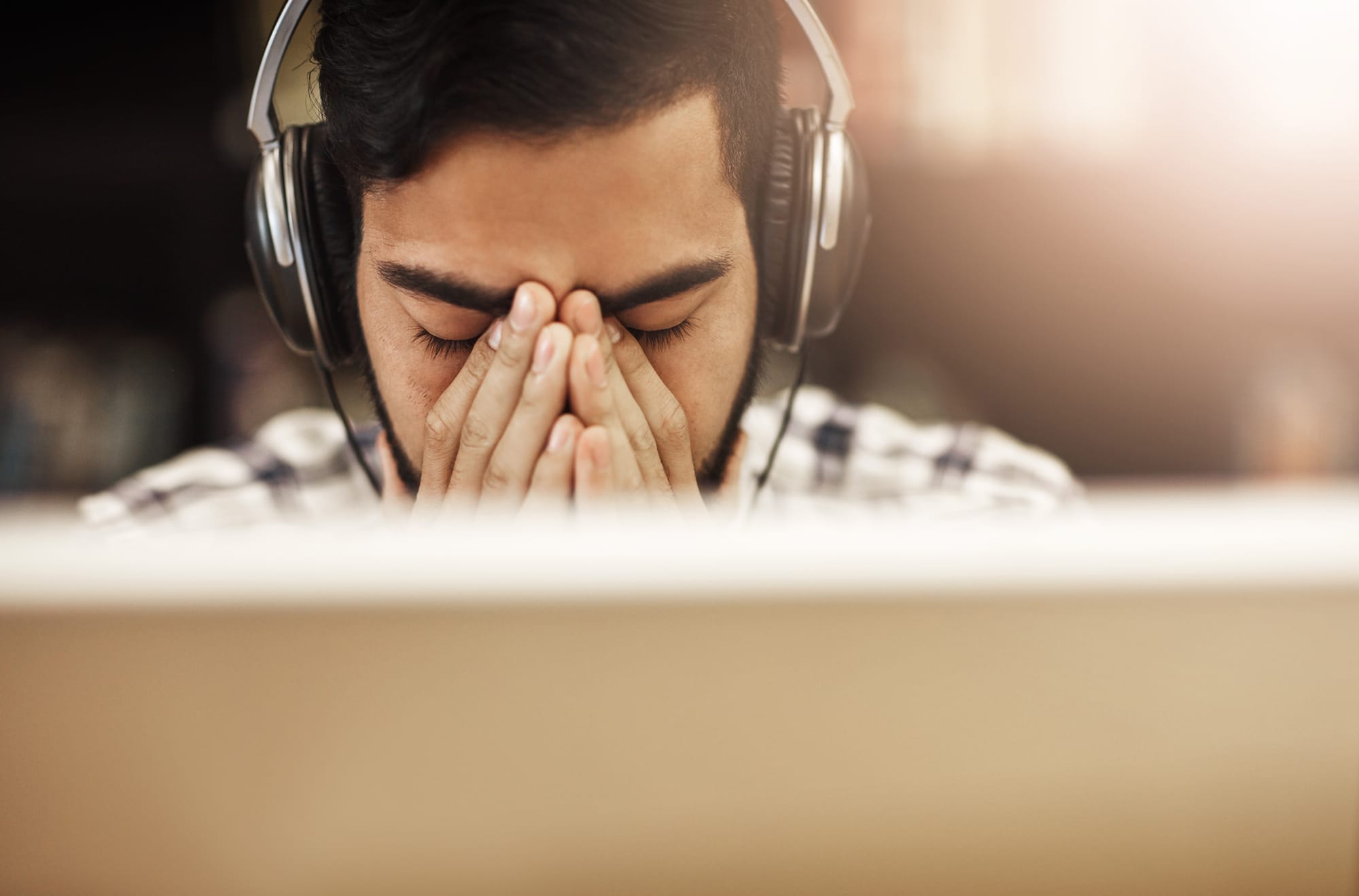
October is National Mental Health Month, an awareness-raising and advocacy initiative of Mental Health Foundation Australia. This year’s theme, “Mental health: Post-pandemic recovery challenges and resilience”, shines a light on mental health in various industries amid the COVID-19 pandemic, and looks at ways to promote resilience and recovery.
One such example is the importance of peer support in the mental health and wellbeing of higher degree by research students (HDRs).
As Monash Education Research Community (MERC) convenors, we provide opportunities for Monash education and psychology HDRs to connect with others through academic and social events for the Faculty of Education.
The primary event, the annual MERC Conference, showcases the work of current HDRs, and hosts guest speakers. The theme of this year’s conference, “Embracing Adaptability and Transformation in Research”, focused on how we’ve adapted and transformed our research practices in light of the COVID-19 pandemic.
Some of the challenges faced by HDRs
The importance of mental health came to light in the presentations from our academics and HDRs; specifically, the mental health and wellbeing of HDRs undertaking the enormous challenge of completing a PhD during these unprecedented and isolating times in Australia and overseas.
HDRs face uncertainty throughout their course, and this can lead to a sense of inadequacy and significant stress. This is commonly referred to as imposter syndrome, and can result in students feeling they aren’t good enough to be undertaking their research course while comparing themselves to others.
Narratives shared by past and present HDRs are quite common and relatable – their stories are our stories of experiencing isolation and imposter syndrome, and questioning whether we’re “good enough”.
Read more: Deadlines, panic attacks, and the PhD student
Undertaking a research degree course can be a solitary experience at the best of times. However, during the pandemic, where HDRs have been working from home rather than at their institution with their peers, these feelings of isolation can be exacerbated.
This is particularly the case with students who have enrolled in their course during the pandemic, and students who are overseas and completing their degree remotely. They often find it challenging to stay motivated and engaged due to the lack of opportunities to connect with their peers face-to-face and online.
Completing a PhD isn’t just about a research project, but also about forging and maintaining support networks and exercising self-compassion.

Online conferences as a form of peer support
Wider peer support communities such as MERC can help students feel less isolated and more connected with others. The interactions and associated benefits of being a part of a wider peer support group were particularly evident at this year’s online MERC Conference, with HDRs around the world able to meet, albeit virtually.
They were able to network, present their research to a non-judgemental and supportive group of peers and academics, and engage in rich discussions about their work, as well as their common experiences and struggles in their research journeys.
Isolation as a result of COVID-19 is a universal experience, with many of us working remotely and losing in-person interactions with peer support networks.
The conference equipped HDRs with new ways of overcoming potential feelings of isolation, through the creation and maintenance of virtual peer networks; forging and maintaining connections with others can help combat feelings of isolation and promote resilience.
Another aim was to provide a platform for the students to check in with each other, especially since COVID-19 restrictions have inhibited in-person shared social spaces. This was achieved through live interactions via social media platforms such as Twitter, participating in the online conference activities, and informal conversations at the end of parallel presentation sessions.
Isolation as a result of COVID-19 is a universal experience, with many of us working remotely and losing in-person interactions with peer support networks. Online conferences can serve as a form of HDR peer support to provide space for compassion, and a means of acknowledging that we’re in this together.





